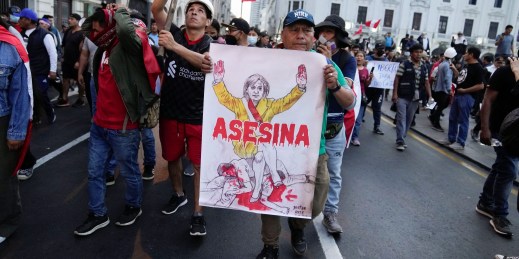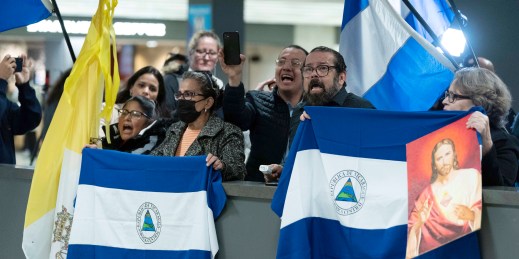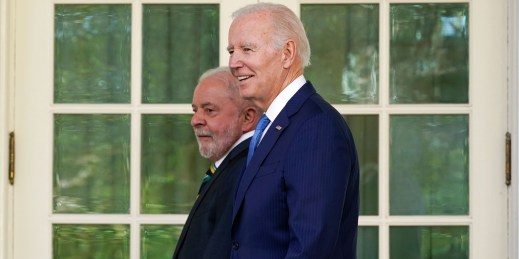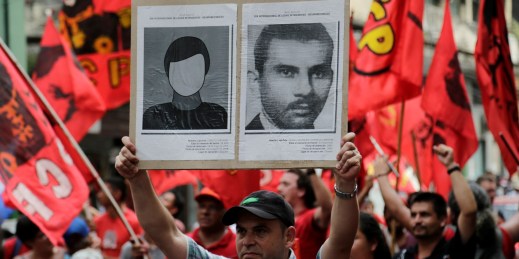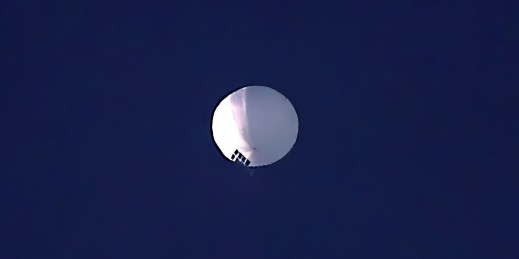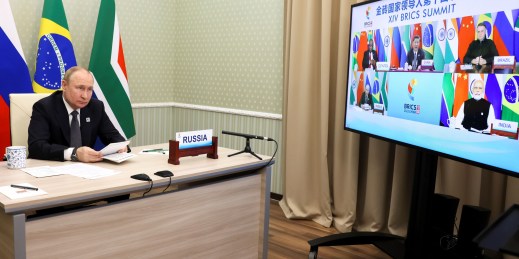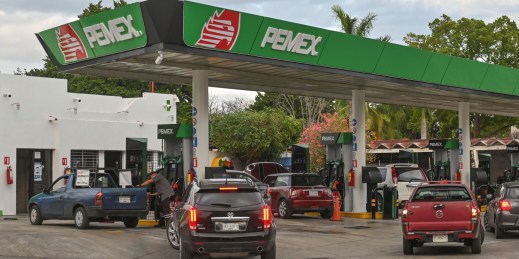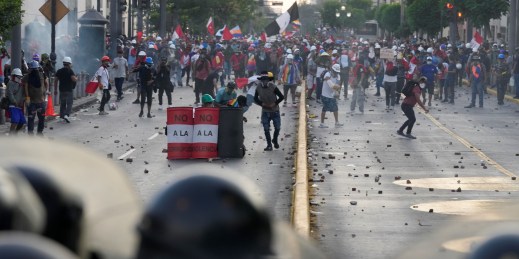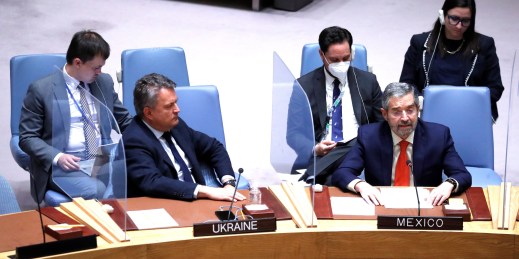
Latin America’s broad support for last week’s U.N. resolution calling for a cessation of hostilities in Ukraine and a withdrawal of Russian forces was a clear stand in favor of Ukraine’s sovereignty. But if the U.N. vote was cause for celebration, it was also a rare condemnation on regional leaders’ part of Russia’s actions.

